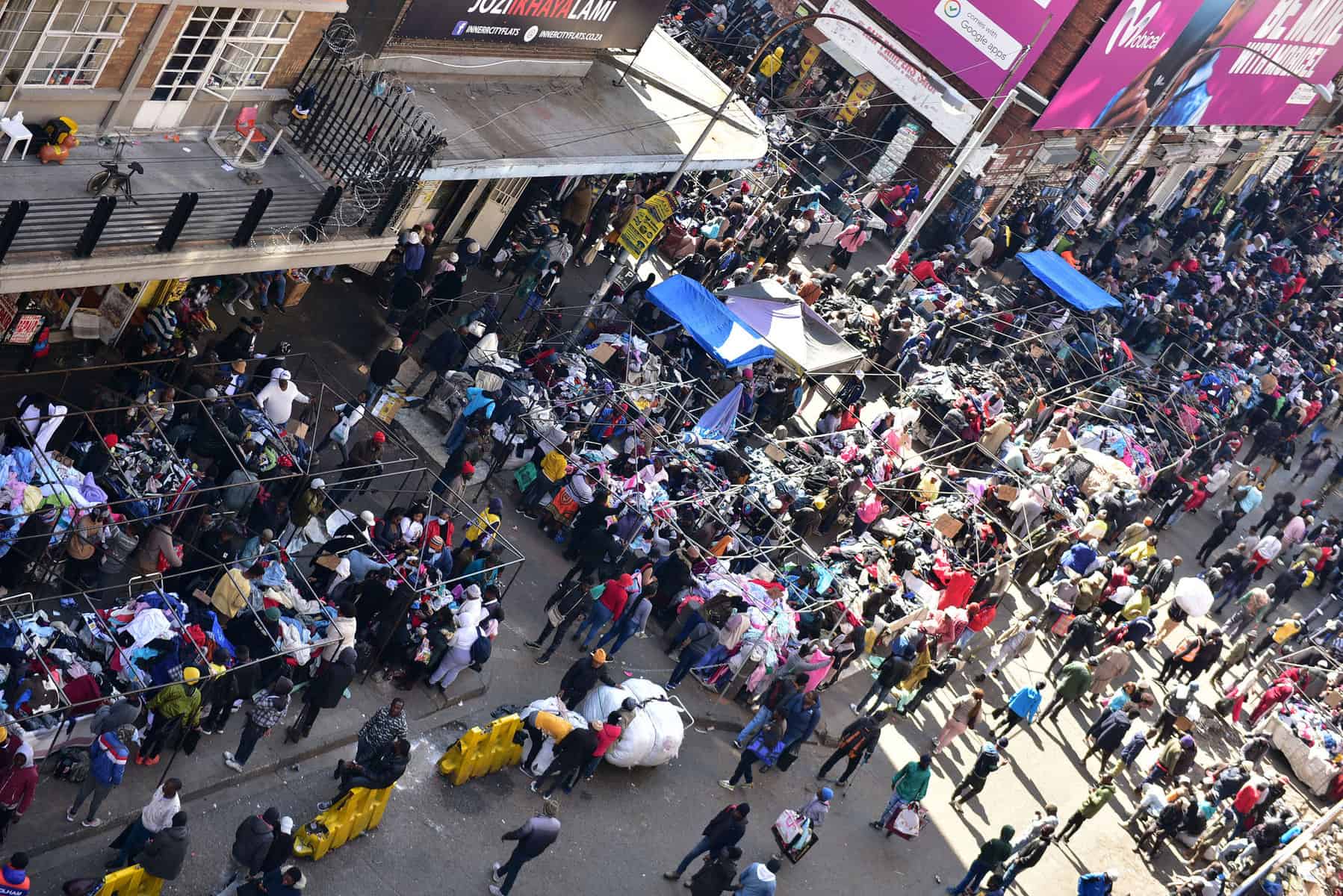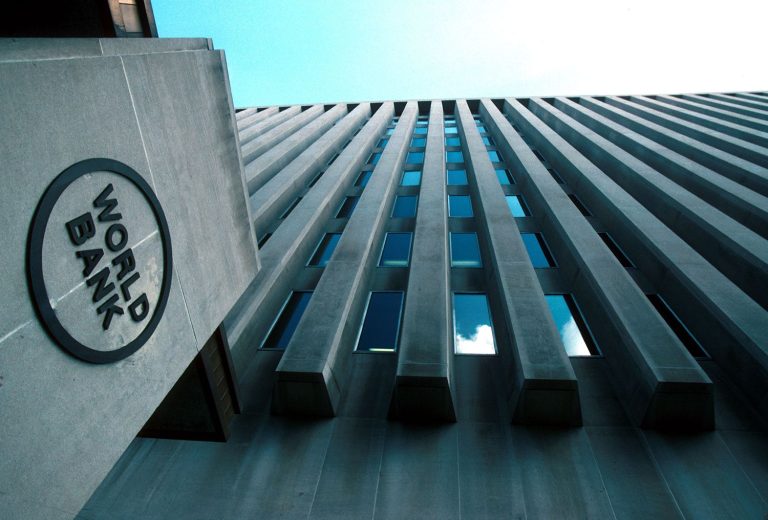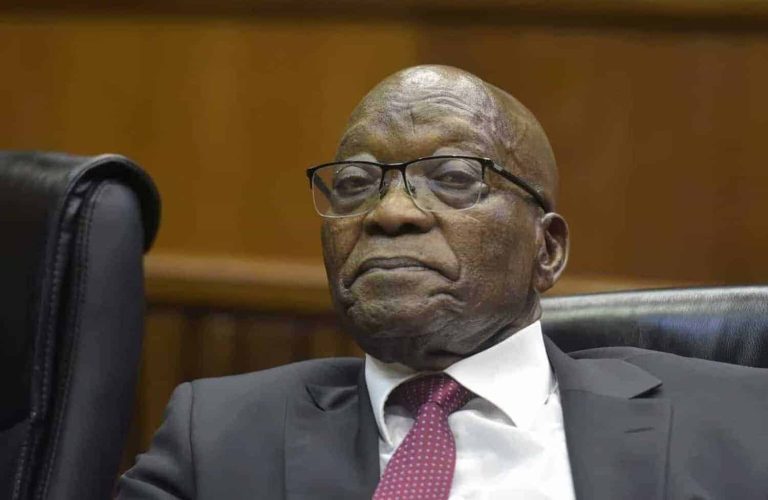
The City of Johannesburg has been ordered to complete a verification and registration process for informal traders within two weeks, following a court ruling that affirmed the metro’s authority to regulate street trading while protecting traders’ rights.
The South Gauteng High Court judgment, delivered by Judge Brad Wanless on Monday, directs the city to commence the process on 4 November 2025 and complete it by 18 November.
The ruling comes after the Socio-Economic Rights Institute of South Africa (Seri) took the metro to court following the removal of informal traders operating illegally or outside designated areas.
During proceedings, Seri argued the traders were treated unfairly and that their rights to trade and earn a living had been violated.
Wanless ruled that “the First Respondent (the City of Johannesburg) is to conduct an expedited verification/registration/re-registration and allocation process” in respect of the applicants.
Way forward: Verification process begins Tuesday
The City of Johannesburg’s MMC for Public Safety, Councillor Dr Mgcini Tshwaku, outlined the immediate steps the city will take to implement the court order.
“The court emphasised that this process must uphold fairness, non-discrimination, and constitutional compliance,” said Tshwaku.
He said the Department of Public Safety would lead a community outreach programme through the Johannesburg Metropolitan Police Department and Emergency Management Services to inform traders and the public that goods in compliance with the law will not be confiscated.
Informal traders wishing to obtain permits are invited to participate in the verification and registration process from 9am to 4pm on Tuesday at 66 Jorissen Place, Ground Floor, Opportunity Centre, Braamfontein.
ALSO READ: ‘We’re making Joburg great again’: Morero insists city clean up not just to impress G20 leaders
Eligibility requirements
According to Tshwaku, South African citizens must present originals and copies of a green, bar-coded ID or Smart Card ID, subject to verification by the Department of Home Affairs.
All applicants aged 18 years and older must provide a valid ID, passport, asylum seeker permit, and/or refugee permit.
“Non-South African citizens need a valid passport with a visa authorising business operation under the Immigration Act, 2002, or an asylum seeker permit issued under the Refugees Act, 1998.”
Additional required documents include:
- Proof of residence, such as a municipal bill or landlord affidavit
- a lease agreement issued by the Johannesburg Property Company
- proof of payment of rent to JPC
- a Certificate of Acceptability from Environmental Health
- a fire certificate issued by EMS
“Only applicants meeting all legal and regulatory requirements will be registered and allocated trading spaces in line with the court order and municipal by-laws,” said Tshwaku.
ALSO READ: ‘We are pushing all the undocumented out’: Johannesburg informal settlement audit
Balancing regulation with economic inclusion
Tshwaku said the department continues to support street traders while highlighting the critical need to maintain law and order.
“De Villiers Street had become a potential risk area due to uncontrolled crowds, escalating crime, litter accumulation, and the presence of undocumented foreigners posing security concerns,” said Tshwaku.
Furthermore, Tshwaku said the ruling recognises the significant economic contribution of informal traders to Johannesburg’s economy and confirms the city’s role as a regulator, rather than a prohibitor, of the sector.
“Tshwaku welcomes the opportunity to participate in the diligent implementation of the court order and to ensure the city fully upholds the legal framework governing informal trading,” the department said.
Joburg mayor welcomes ruling
Executive Mayor Dada Morero said the city unequivocally supports the court ruling affirming the necessity of regulating informal trading in the inner city.
“This ruling underlines the critical importance of establishing a structured and compliant framework for informal traders — one that fosters economic growth, maintains order, and protects the rights of residents and businesses,” said Morero.
He said the court has ordered the city to rapidly complete the verification process and issue permits to qualified traders without delay.
“All eligible traders must participate in a physical verification to ensure compliance,” said Morero.
The city described the judgment as a decisive legal victory that affirms its constitutional right to uphold its by-laws, restore order, and execute its strategic developmental agenda.
“The judgment validates the administration’s efforts to ensure compliance, public safety, and governance necessary for a functional metropolis. This is a significant triumph for the rule of law and confirms the administration’s commitment to building a well-run, regulated city for all residents,” the city said.
ALSO READ: Mashaba will only step in as ActionSA’s Joburg mayoral candidate as a last resort
Ruling restores law and order, says ANC
The ANC in Joburg welcomed the ruling, stating it marks a significant milestone in the city’s efforts to restore law and order and promote a liveable and inclusive inner city.
The party said verified traders will be allocated demarcated trading areas and issued with official trading permits, in line with the city’s Informal Trading By-laws and the 2022 Informal Trading Policy.
“This process will bring finality to long-standing disputes over trading spaces and ensure that only deserving and law-abiding traders operate within designated areas. It will also restore discipline and accessibility to the inner city’s pavements and public spaces, many of which had been previously overrun by unregulated trading activity,” the ANC said.
Mediation and review process
The parties have been ordered to refer their dispute to mediation in terms of Rule 41A of the Uniform Rules of Court and the Revised Mediation Protocol applicable in the Gauteng Division.
“The applicants must file their Amplified Rule 41A Notice by November 6, 2025. The costs of the mediation are to be paid by the respondents.”
Additionally, within 20 days of the finalisation of the mediation proceedings, the applicants may file an application for a review to deal with aspects of the dispute in respect of which the parties were unable to reach an agreement during mediation.
READ NEXT: ‘South Africans only’: Morero stands firm as City of Joburg and informal traders’ clash in court



